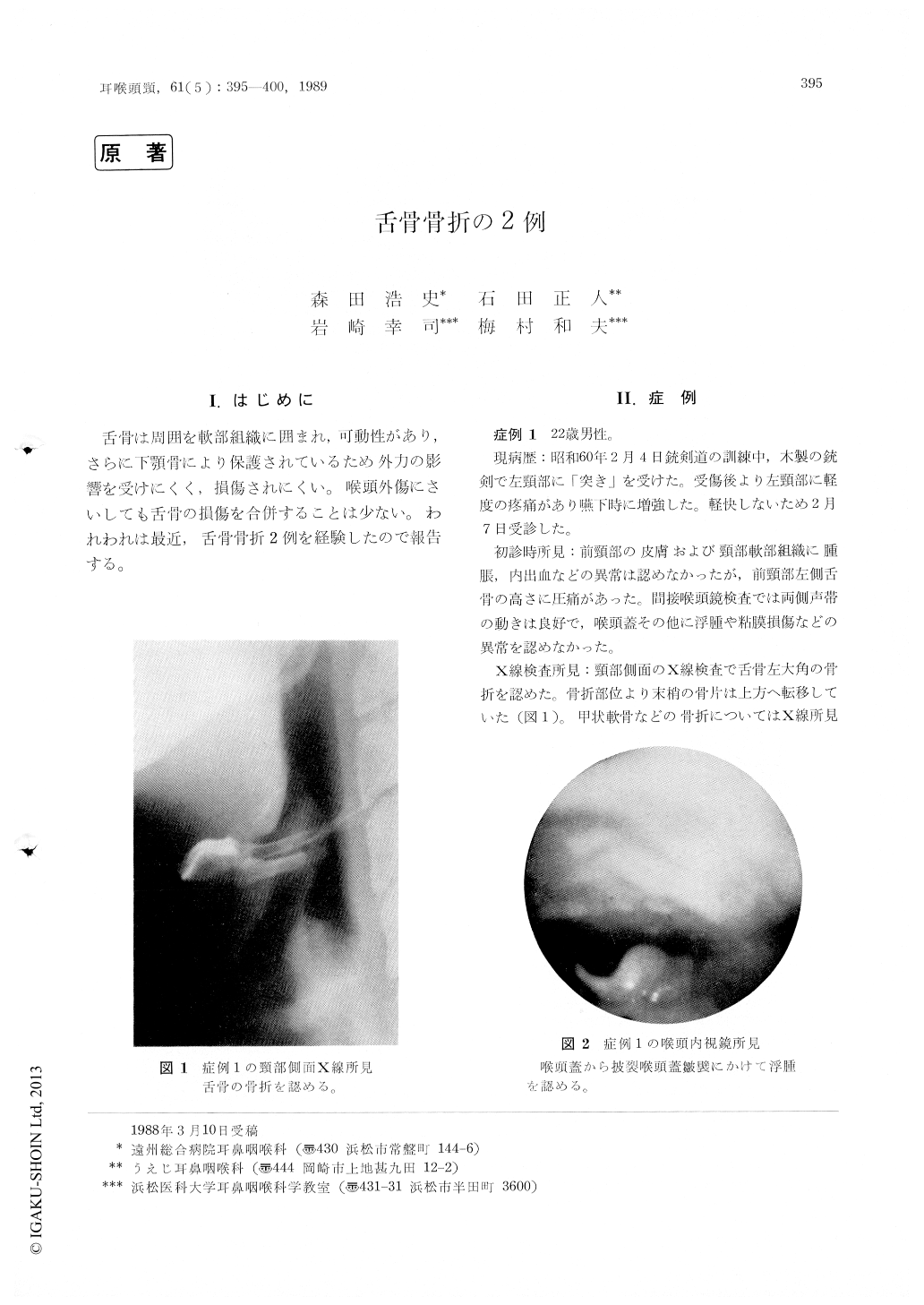18 0 0 0 OA C・S・パースの真理の収束説
- 著者
- 石田 正人
- 出版者
- 日本科学哲学会
- 雑誌
- 科学哲学 (ISSN:02893428)
- 巻号頁・発行日
- vol.45, no.1, pp.47-63, 2012-07-30 (Released:2013-06-05)
- 参考文献数
- 25
A commonly shared image of convergence is that of arrays of light aiming at a focus―a projected vanishing-point to which all empirical inquiry strives to converge or the Kantian regulative ideal that reason aims at beyond the boundaries of all possible experience. Such an intuitive image of convergence is not completely foreign to Peirce's view, but a predominantly optical model of convergence fails to capture the generality and flexibility of the idea that Peirce wished to advocate. This paper formulates Peirce's convergence theory of truth based upon his mathematical insights and examines a number of criticisms leveled against the theory including that of Quine. I argue that Peirce's understanding of convergence is far more sophisticated than what critics have often assumed and that simultaneous convergence to multiple elements is not excluded from his picture.
6 0 0 0 OA C・S・パースとモデル論的論理学の初期局面
- 著者
- 石田 正人
- 出版者
- The Philosophy of Science Society, Japan
- 雑誌
- 科学哲学 (ISSN:02893428)
- 巻号頁・発行日
- vol.41, no.1, pp.1_29-1_44, 2008 (Released:2009-07-31)
- 参考文献数
- 23
- 被引用文献数
- 1 1
This paper focuses on C. S. Peirce's philosophy of logic and mathematics pertinent to the so-called model-theoretic tradition in formal logic. While it is common to trace the development of model-theoretic logic back to Peirce, closer textual study tends to reveal that there is a gap between the work of Peirce and what was later achieved by, among others, Löwenheim and Skolem. As Peirce's nonstandard model of the theory of reals suggests, however, Peirce does belong to the model-theoretic tradition at least in a broad sense. This paper thus makes efforts to better situate Peirce in the model-theoretic movement by considering Cantor's influence on Peirce, which most probably motivated Peirce to develop his nonstandard model of the reals. The paper also endeavors to shed light on Peirce's highly original ideas regarding the logic of mathematics seen in this particular context.
4 0 0 0 OA パースの量化論理について
- 著者
- 石田 正人
- 出版者
- 日本科学哲学会
- 雑誌
- 科学哲学 (ISSN:02893428)
- 巻号頁・発行日
- vol.34, no.2, pp.59-74, 2001-11-10 (Released:2009-05-29)
Quantificational logic was developed by some ingenious mathematicians towards the end of the 19th century, especially during the 1880's. It was indeed, as Quine once wrote, a decade when quantification was "breaking out all over". While it is acknowledged that Peirce was among those founders of modern logic, his specific achievements and contribution to the field seem to deserve more notice. The present paper focuses on the emergence of Peirce's quantificational logic, deriving most of the material from his original writings. We shall also glance through O. H. Mitchell's work, which is little discussed in the history of logic.
2 0 0 0 舌骨骨折の2例
- 著者
- 石田 正人
- 出版者
- 西田哲学会
- 雑誌
- 西田哲学会年報 (ISSN:21881995)
- 巻号頁・発行日
- vol.13, pp.141-145, 2016 (Released:2020-03-21)
1 0 0 0 OA 西田、ジェイムズ、パースの比較試論 『善の研究』における論理的なるもの
- 著者
- 石田 正人
- 出版者
- 西田哲学会
- 雑誌
- 西田哲学会年報 (ISSN:21881995)
- 巻号頁・発行日
- vol.8, pp.88-105, 2011 (Released:2020-03-23)
This paper develops a comparative analysis of the philosophies of Kitaro Nishida, William James, and Charles Sanders Peirce, who was James’ contemporary logician and lifelong friend. The influence of James on the early philosophy of Nishida is widely known, but there are significant differences between what James and Nishida respectively understand as pure experience. The main view of this paper is that for both Nishida and Peirce pure experience is marked with phenomenal as well as logical unity, whereas James fervently rejected such logical unity. Torataro Shimomura once noted that Nishida was sympathetic with James’ notion of pure experience and that he inherited the term junsuikeiken from James, but not its philosophical content. By focusing on logic in An Inquiry into the Good, this paper identifies striking commonalities between Nishida and Peirce rather than between Nishida and James. Given Nishida’s strong leaning toward logic, on the one hand, and James’ persistent repulsion for logic, on the other, it is unsurprising that this reading receives solid textual support, which may lead to a reappraisal of James’ influence on Nishida’s early philosophy.
1 0 0 0 OA J・ロイスの絶対的プラグマティズム カントとプラグマティズムを考える
- 著者
- 石田 正人
- 出版者
- 日本哲学会
- 雑誌
- 哲学 (ISSN:03873358)
- 巻号頁・発行日
- vol.2003, no.54, pp.142-153,237, 2003-04-01 (Released:2009-07-23)
Royce's place in the history of American thought is unique. His philosophy is a synthesis of absolutism and a voluntaristic type of pragmatism. It is important to bear in mind, however, that Kant always remained influential in his thought. Thus the core of Royce's absolute pragmatism exhibits a version of apriorism with a constructive epistemology.His epistemology in turn extends further to comprehending his theory of reality, by which he intends to supplement Kant's philosophy with a new ontological framework. This is what he calls the "Fourth Conception of Being." It states that his approach to reality depends not on the fact that the world is mental, but on insisting that the being of the world consists in the truth of the propositions about it. In this regard his view is opposed to metaphysical realism, and to traditional idealism as well, which takes the world to be mental.Despite the modern rebellion against such a form of thought, Royce's philosophy still seems to represent an important part of the pragmatistic-idealistic heritage of western thought. The present paper tries to appreciate some aspects of this heritage and to show the close connection between pragmatism and the broadly Kantian approach to truth and reality.

